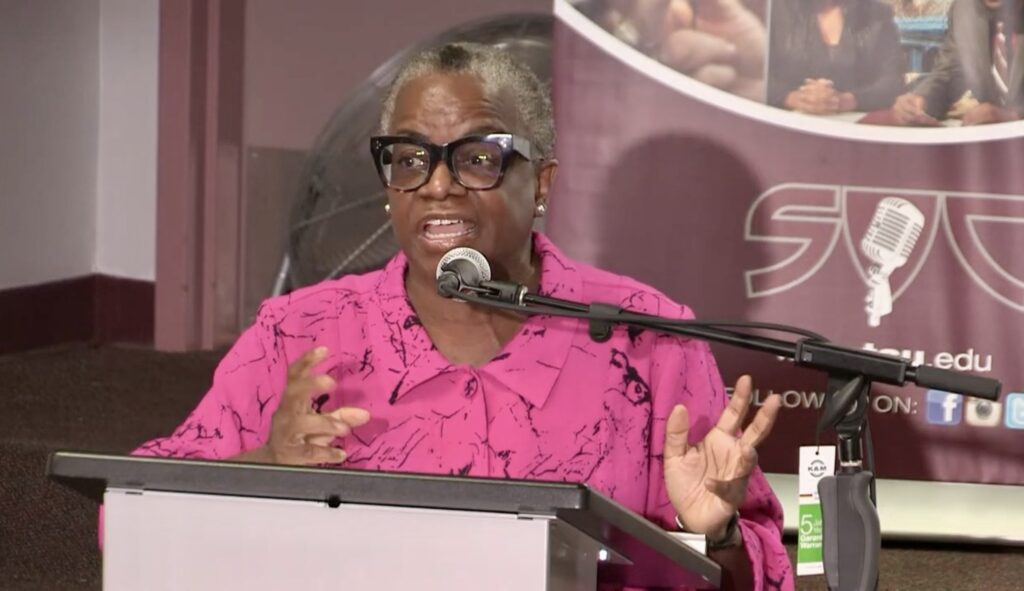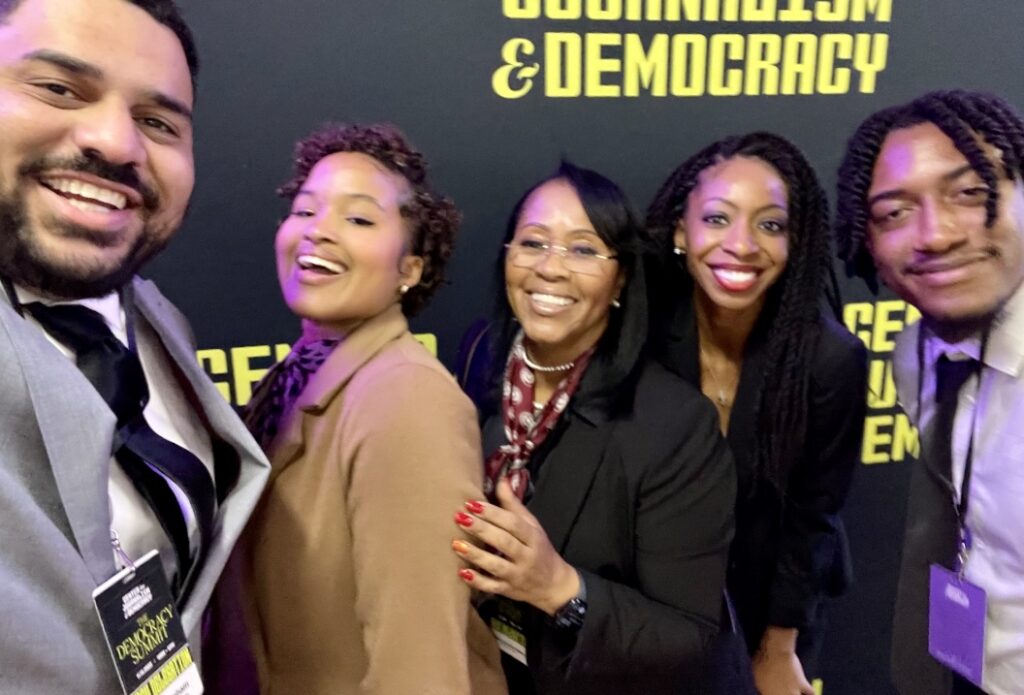Journalists defend democracy one story at a time
Written by Matthew Parker on November 23, 2022
By Matthew J. Parker
The Center for Journalism and Democracy (CJD) invited budding journalism students from seven Historically Black Colleges and Universities (HBCUs) Tuesday, Nov. 15, to attend its inaugural Democracy Summit on the campus of Howard University in Washington, D.C.
Students and their professors sat alongside dozens of professional journalists and renowned members of the African American media to discuss what pro-democracy journalism looks like, teach the values and traditions of the Black press, and expose the threats to democracy and journalism in America.
“It’s been a year of planning to get us to this moment. To see so many journalists and student journalists in this room I hope they came away with a pro-democracy mandate. And I hope we also showed the power of HBCUs to people who may have never come to an HBCU before. That’s why I’m here,” the Center’s founder Nikole Hannah-Jones said.
Nikole Hannah-Jones, Howard University Journalism Professor
In addition to being a professor at one of the nation’s preeminent HBCUs, Hannah-Jones is the Pulitzer Prize-winning author of the “1619 Project” and the visionary behind the Center for Journalism and Democracy (CJD).
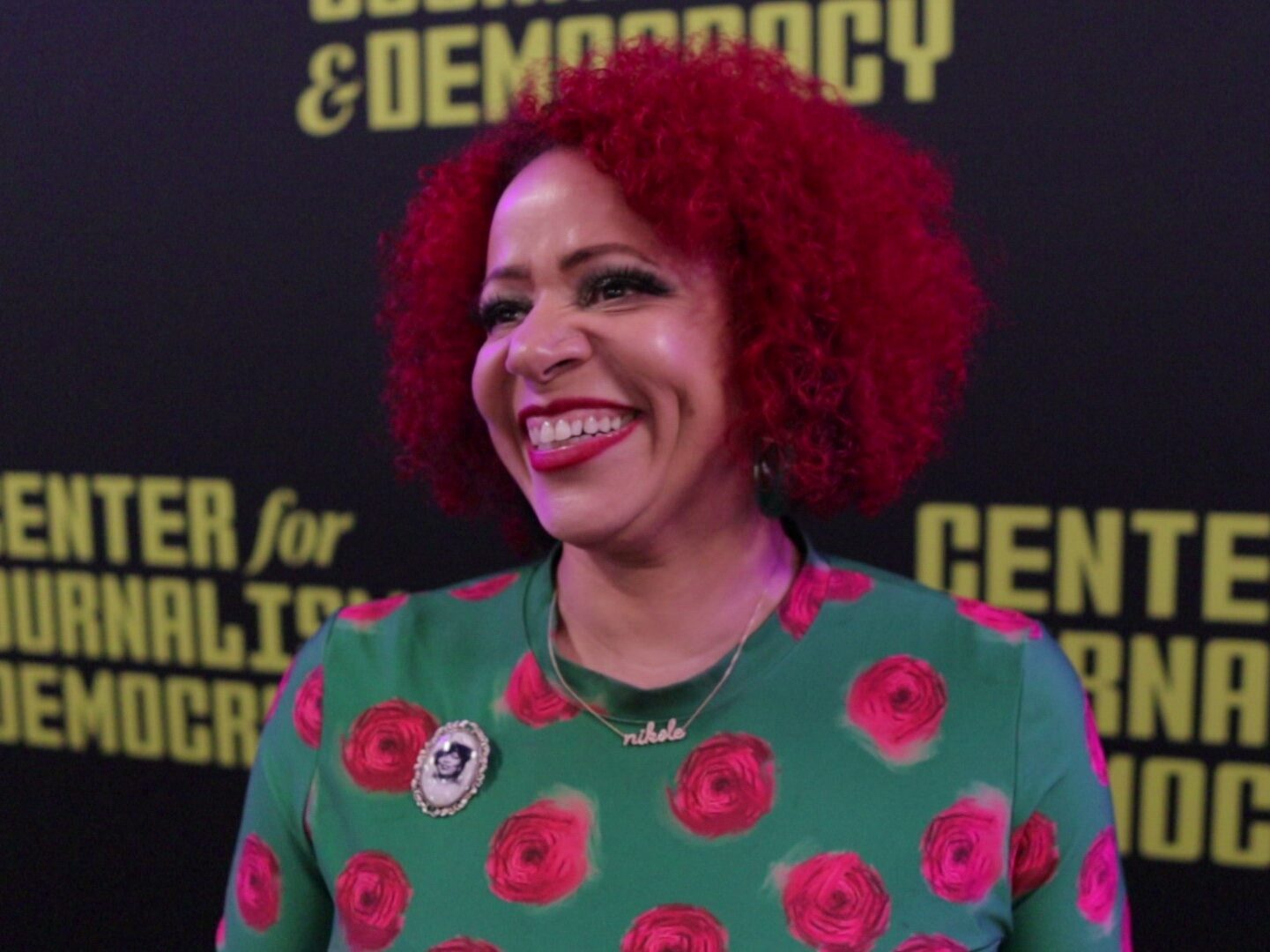
The CJD is one of the first modern academic centers committed to strengthening historically informed and pro-democracy journalism.
Hannah-Jones also emphasized that the CJD will be a powerful tool for HBCU journalism programs to teach the traditions of the Black press and provide resources so the historically underfunded Black institutions don’t have to continue doing more with less but now will be able to produce “more with more.”
“I saw the magnitude my voice holds as a journalist and how much media can benefit from what we have to say. Specifically, the black media. After today’s event, I realized how much social influence we can truly have when we are provided the necessary resources,” Morehouse University student Austin Byrdell said.
Austin Byrdsell, Morehouse University journalism student
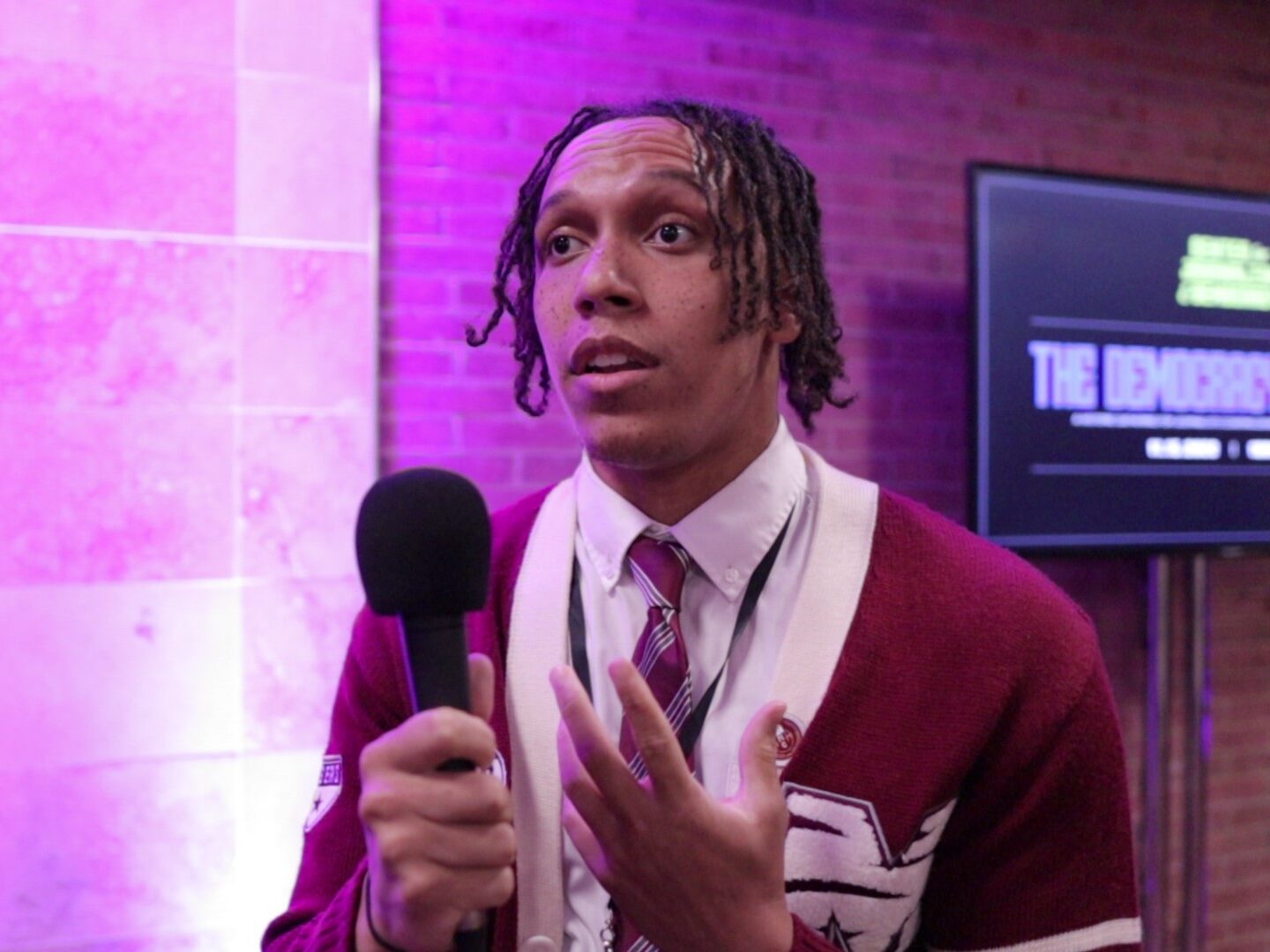
When asked how the Democracy Summit and the CJD will favorably reshape journalism and society, Hannah-Jones shared what she hopes the positive impact will be.
“I hope our profession really does some self-reflection. We understand that so much of what is happening in the country is because we are putting forth narratives, that journalist drive and shape perception. We’re not just reporting on what’s happening were driving how Americans think about our country and democracy. I hope we come with a new sense of empowerment and moral clarity about what we must do as journalists in a free society,” Hannah-Jones said.
The CJD executive director Dr. Kali-Ahset Amen also shared her thoughts on the consequences she hopes to see in journalistic values and tendencies moving forward.
“We were able to assemble around shared purpose and shared values. For thinking about another way of doing journalism that supports democracy. Journalism that is truly about the defense of freedom. And elevating that value in journalism above all the other tenets people are typically taught. The other concepts that conveniently leave to the side the charge of maintaining our society,” Dr. Amen said.
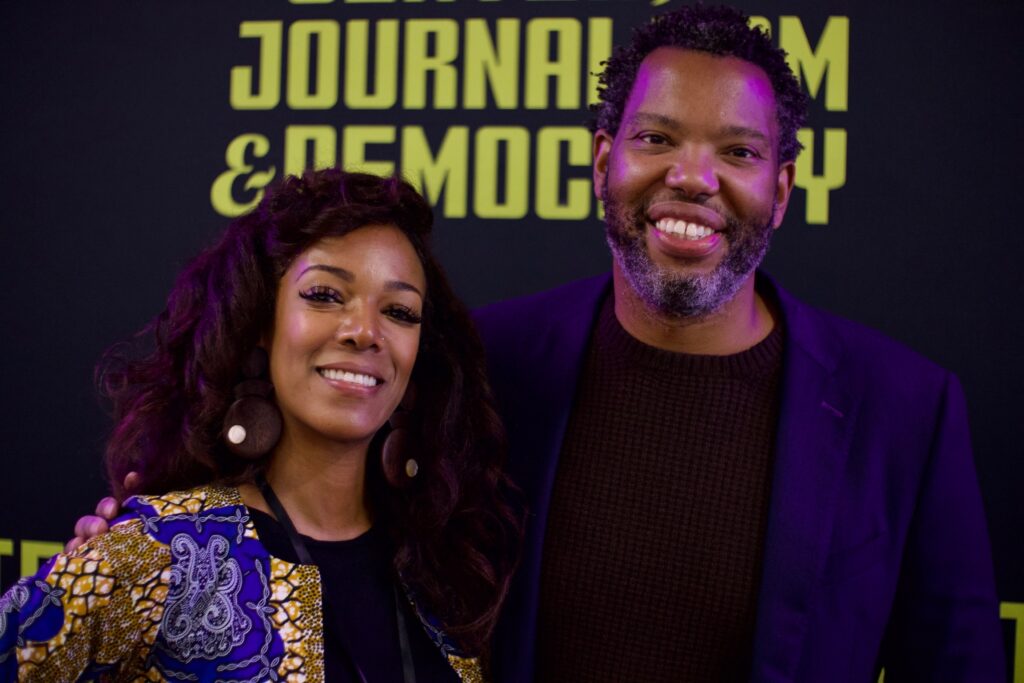
The inaugural Democracy Summit has marked a line in the sand in support of pro-democracy reporting and in opposition to all forces that seek to undermine democracy.


